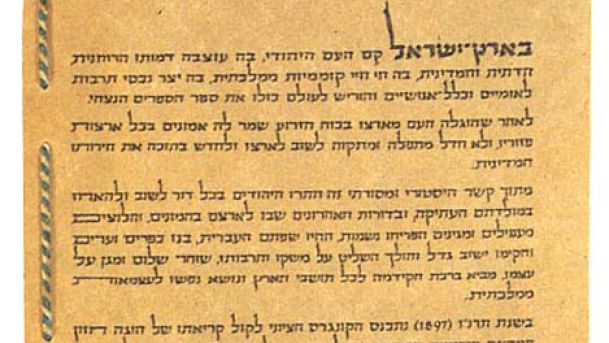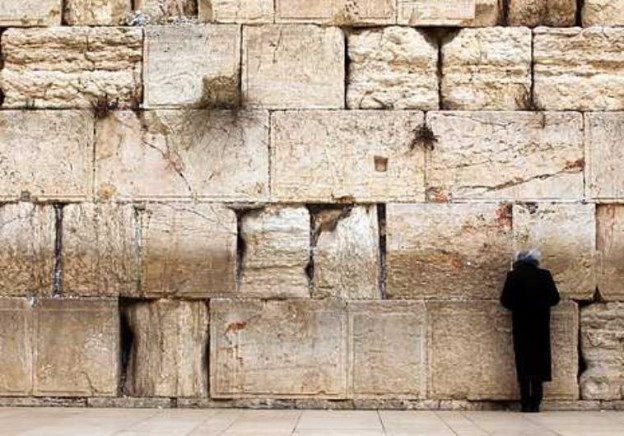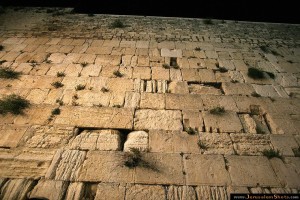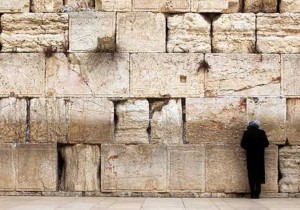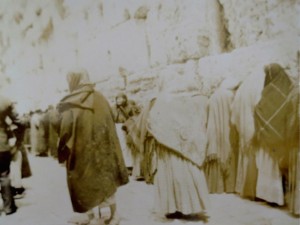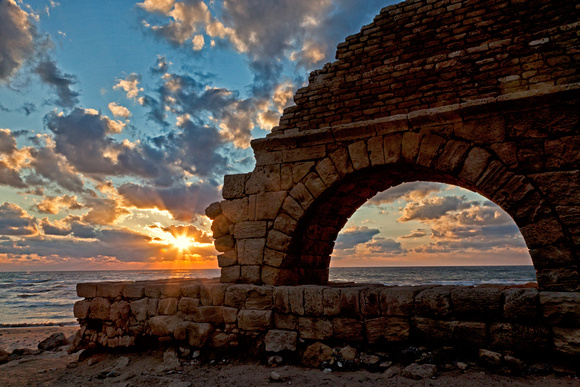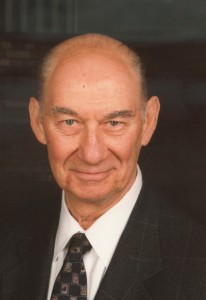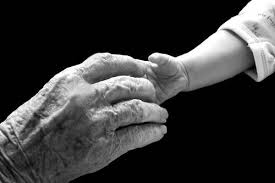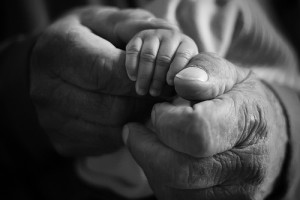 Israel is a strong Jewish Democracy filled with promise for her people and for the world. She must continue to strive to remain so. However, Israel is engaged in a two-pronged war that challenges this. One front is BDS (Boycott, Divest, Sanction). The other front is manifested by the wave of individual stabbing assaults taking place in the streets. These fronts are critical but they are not the places where the war will be won.
Israel is a strong Jewish Democracy filled with promise for her people and for the world. She must continue to strive to remain so. However, Israel is engaged in a two-pronged war that challenges this. One front is BDS (Boycott, Divest, Sanction). The other front is manifested by the wave of individual stabbing assaults taking place in the streets. These fronts are critical but they are not the places where the war will be won.
BDS is a clever maneuver in the public space to demonize Israel in the world of public opinion. Although BDS appears to be struggling to gain acceptance by national governments, it is resonating with the young on the college campus and other groups who want to support those they believe are the downtrodden and persecuted. It is part of the war for the hearts and minds of the public at large and it has become a force to be reckoned with.
The second front is on the streets of Israel. There is a de facto guerilla war underway. Individuals are arming themselves with any weapon they can: knives, guns and cars, attacking wherever and whenever, creating fear on the streets. This too is a shrewd campaign to inflict maximum damage with limited resources. Each knife-wielding individual creates a bit of terror. And every one, whether caught and imprisoned or killed, is a soldier sacrificed for the cause.
Two sets of actions are required, one tactical and one strategic. The first is to combat the immediate crises effectively arguing against BDS and containing the violence. These undertakings are necessary to promote the safety and welfare of the people of Israel. However these are tactical in nature; stopping the violence with better patrols, containing the violence by encouraging vigilance and raising the profile of law enforcement to preempt the violence. Unfortunately there is an insidious component to the tactical responses to the fear and terror.
In its efforts to protect itself, Israel ironically becomes complicit in the war to undermine itself. Israel undermines its promise of a democratic state by curtailing rights to citizens and non-citizens, it promotes a culture of animosity, seeing the other side as strictly an enemy who does not want peace, the Knesset considers punishing MKs without any consideration of “due process,” internal debate is squelched and not encouraged. The democratic and Jewish underpinnings of the state are compromised. Reacting this way to the situation actually plays into the hands of the adversary. Beyond tactics there is an urgent need to engage strategically, stepping back to consider the root causes of these offensives and how to grapple with the source of the discontent. This is the critically important second set of actions.
Strategically, Israel needs to take the actions that only a strong powerful nation can and take the risks to build a society within the Palestinian people that gives hope. A future of prosperity and peace is far better than the hopeless squalor and disenfranchisement now suffered by most Palestinians. In Gaza, economic development such as the proposed port is a concept to be seriously considered. A decision on the West Bank is required. Whether it is the pullback of the Israelis to permit a Palestinian state, or the annexation of the West Bank into Israel, the State of Israel can no longer pretend the status quo, with its continued expansion of settlements, is viable. Which of the two choices is the subject for intense and deliberate debate. But after 50 years, Israel cannot pretend this situation is temporary or the disenfranchised people living in the land will simply become satisfied with it.
The risks of maintaining the status quo are arguably even greater than the risks of taking bold actions toward resolution of the conflict. Israel is strong. Its people are energetic and innovative with a deep love and commitment to their land. With this solid foundation, Israel can build and move forward. It is an incredibly hard needle to thread, but it can be done. Watching Israel help Syrian war victims demonstrates Israel’s ability to do just that. Israel is at war and the threats are quite real. But Israel can still forge the way toward peace.

